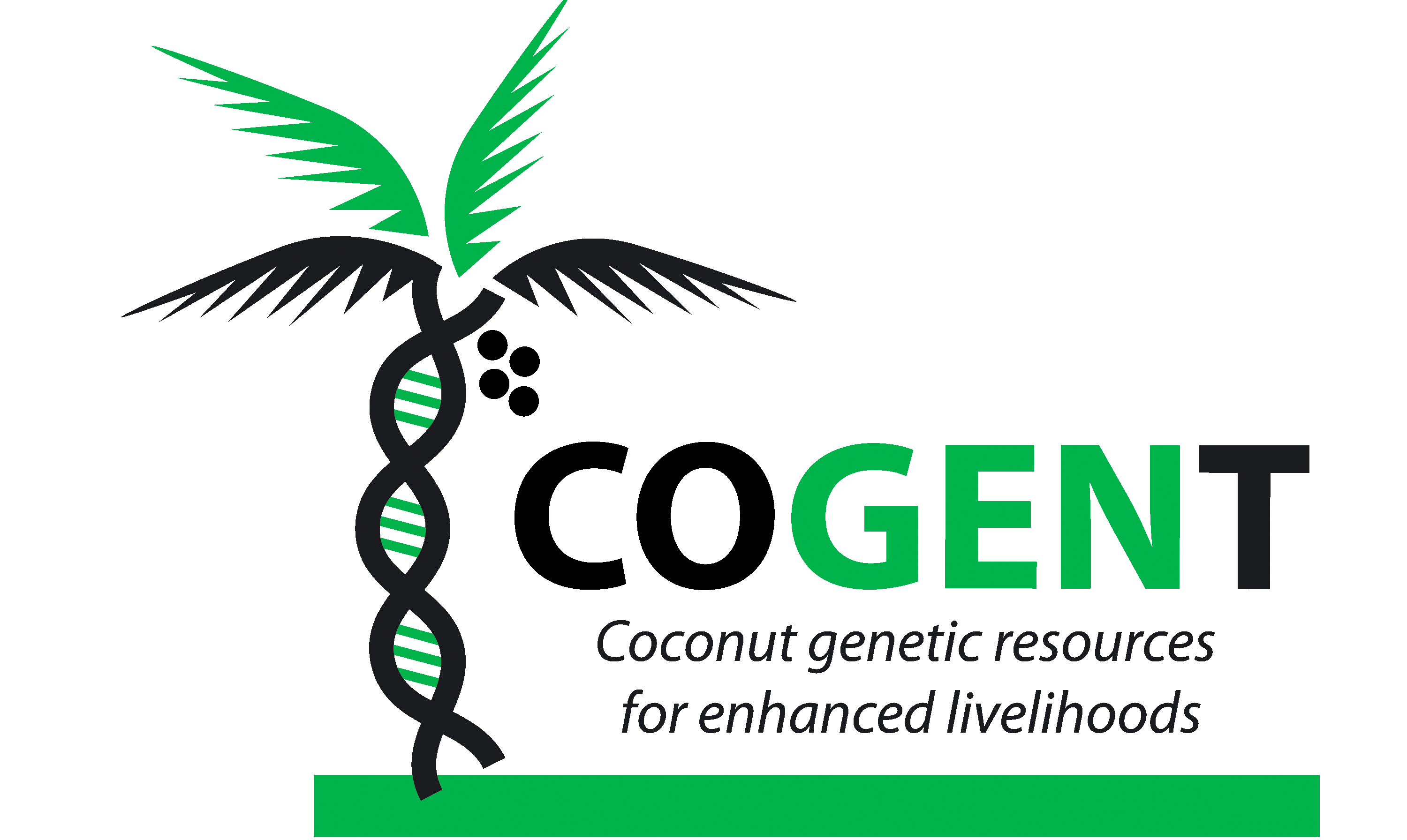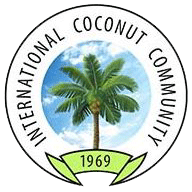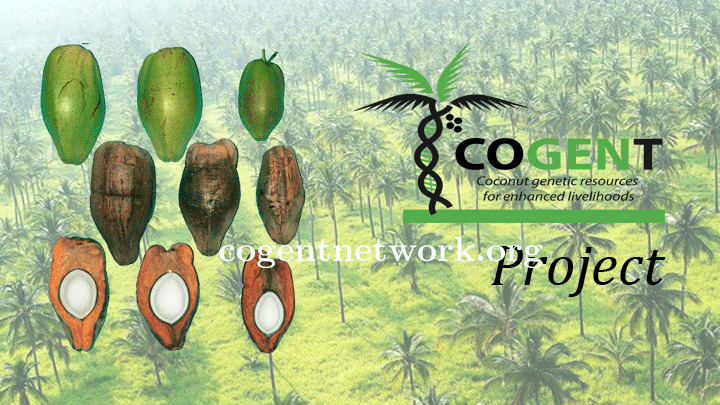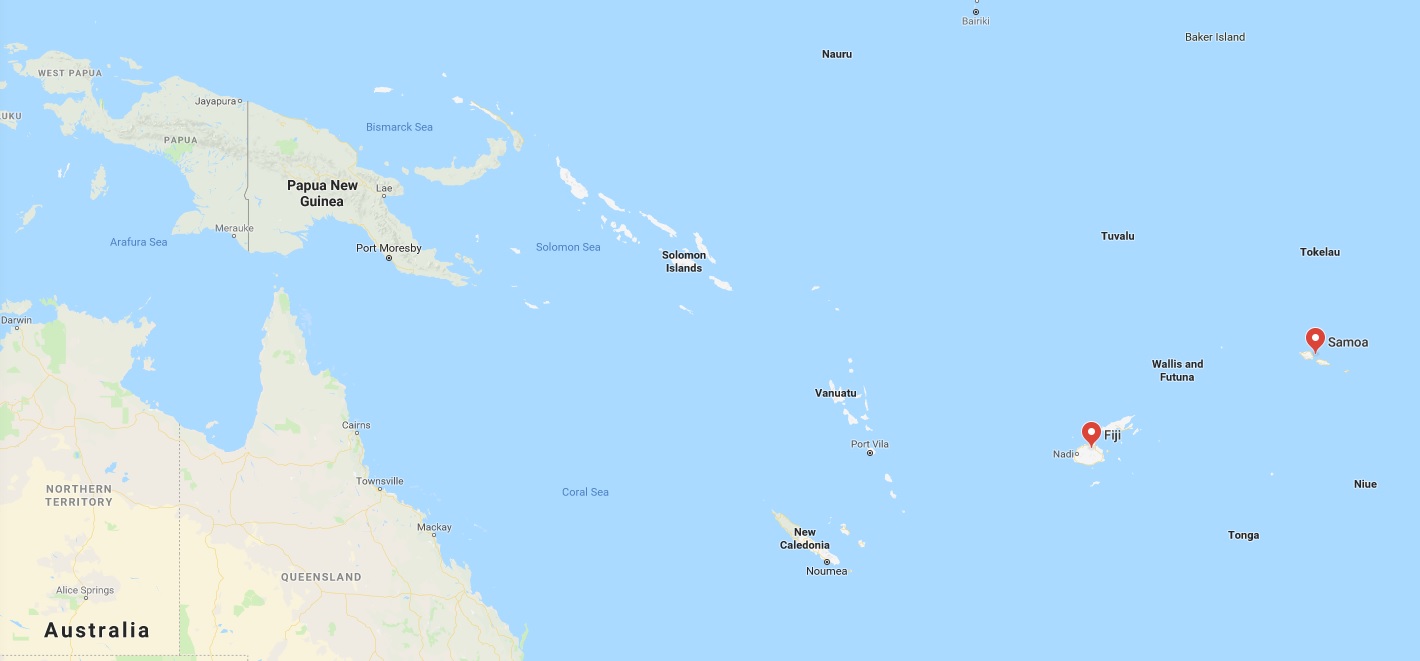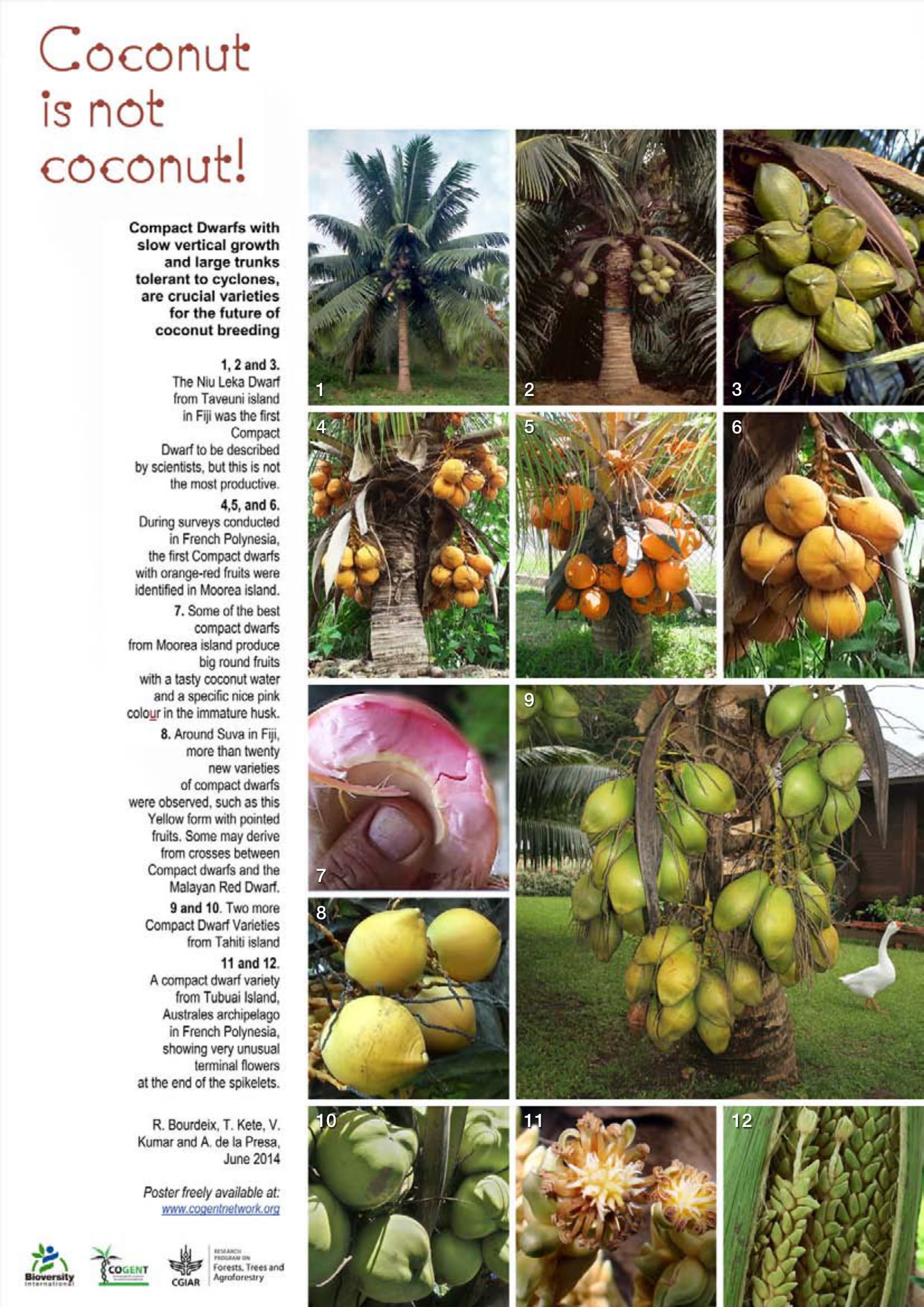Background, overview and objectivesCoconut and its genetic diversity provide significant income and nutrition for more than 8 million Asia-Pacific households, yet there is scant support for conserving its endangered genetic resources. In many Pacific Islands, diversity is seriously threatened by climate change, potential sea-level rise and soil salinization, as well as other challenges such as pests and diseases. COGENT’s Global Strategy for Conservation and Use of Coconut Genetic Resourceshighlights the need to conserve Asia-Pacific diversity, as not all representative coconut diversity is adequately conserved in the International Coconut Genebank-South Pacific (ICG-SP) in Papua New Guinea (PNG).Moreover, the existing PNG genebank is currently threatened by a lethal disease (http://www.cogentnetwork.org/bogia-syndrome-disease). It is being transferred to a safe site in PNG), with eventual duplication back-up planned in new satellite genebanks in Fiji and Samoa. This ongoing Darwin Initiative-funded project (2016-2019) is complementing this transfer with prospecting missions in the three countries to identify key unconserved diversity and building capacity for the three new Pacific genebanks.
The aim of the project: The project aims to identify those areas of Fiji, Papua New Guinea (PNG) and Samoa where coconut biodiversity is threatened and to ensure threatened coconut germplasm is conserved by: (i) developing the associated listing, (ii) characterizing its diversity and (iii) preparing for prioritized germplasm transfer to the ICG-SP, (part of COGENT), and placed under the protection of the international Treaty on Plant Genetic Resources for Food and Agriculture (ITPGRFA). For more information, please have a look at the inception meeting report. A germplasm collection methodology is also being developed, and arrangements for managing and sharing the germplasm being developed. Selected threatened coconut germplasm will be listed for introduction into the International Coconut Genebank of the South Pacific (ICG-SP) and in the international Coconut Genetic Resources Database (CGRD), available for future generations of researchers, farmers, consumers and other users. Prioritized new accessions will be characterized taking in account local uses, and resistance to cyclones and diseases. In parallel, partners in both Fiji and Samoa will establish new genebank satellite-sites to receive the local new accessions, and eventually backups of the already conserved accessions in PNG. |
Research Areas-TagsCrops, Accessions, Coconut, Genebank, Genetic Resources, Regeneration External links |
 America/New_York
About UsNewsletterLogin
America/New_York
About UsNewsletterLogin
 United States
United States